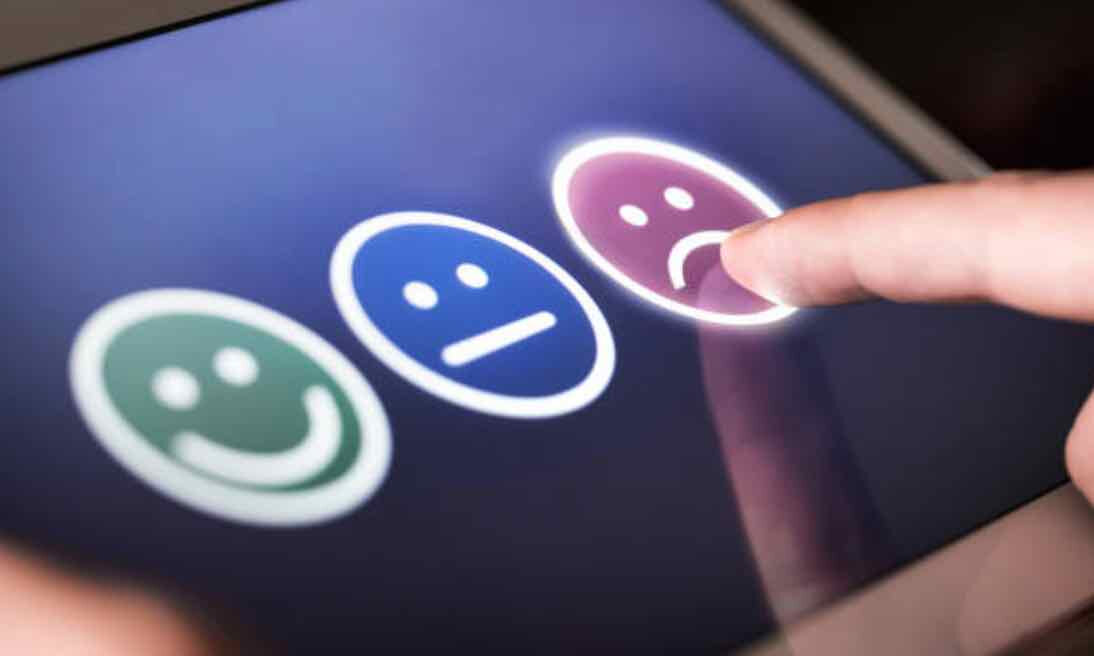Social Media: Is It Worth It?
Twitter users are waiting for the next shoe to drop now that Elon Musk owns the bird app. Some users aren't waiting - they've already jumped ship.
Then there are the hateful people who don't seem to like anyone's opinion on social media and act like bullies. I did a recent presentation where I asked some politicians if being on social media is really worth it for them?
The Question
Last week I did a presentation to an Alberta municipal council titled Social Media: Is It Worth It?
I do a lot of work with municipal councils and municipalities across Alberta. I like the people I’ve worked with and respect the commitment they have to their communities. I also think their work isn’t appreciated as much as it should be, especially in smaller communities.
The presentation basically was meant to do three things:
1. Let members of this council know the downside to posting material that some people would find controversial or offensive,
2. How to properly manage social media to try to avoid getting involved with rude people, or internet trolls,
3. Ask the question, with everything going on today, is doing social media still worth it for a municipal politician?
Let’s quickly dive into those three points, because they really apply to everyone.
Be Careful
There are two types of social media posts that go viral. Some are intended to be controversial by the person who wrote them, while others just take off and the person who posted them are surprised when it happens.
My message was, take a few seconds before posting something to make sure it won’t fall into one of those two categories. If it will, then just delete what has been typed before posting it and move on.
The reality today is, that while social media is supposed to produce a forum where respectful conversations can take place on issues, that’s not what’s happening. Far from it. You may think that should be the case, but it’s not.
The reality is people on social media today, especially Twitter, have no problem jumping on anyone for posting something that expresses a different opinion.
My message was, there’s almost no upside to posts like this, so why do it?
The sad reality is, many people serve on municipal councils because they want to do something good for their community and to allow them to have a voice in decision-making. When it comes to social media though, because they are on council, their opinions get restricted. Many Councillors find they can’t say the things they want to say because of their position.
It’s a little ironic, don’t you think?
Keep an Eye on the Flock
Most municipal councillors prefer one social media platform over others and spend their time there. That’s fine. For many it’s Facebook. Others like Twitter and there are some on Instagram and LinkedIn. Tik Tok has become huge, but not with municipal councillors from what I’ve seen.
Although a majority of people on municipal councils in Alberta are on social media, many don’t know or use techniques to limit the social media dumpster fires that can result when posts are made on controversial topics.
While I encourage municipal councillors to engage with people, the last thing I want that to lead to are online brawls. Tools are there on all platforms to restrict who can comment on posts and they should be used. Politicians need to occasionally check to see who is following them and who they’re following to try to avoid angry social media exchanges.
They also need to understand when they “like” or “share” something, those likes and shares can be tracked and seen by others.
I have no problem with politicians blocking rude and obnoxious people on social media. Just because a politician’s salary is paid by the taxpayer, that doesn’t mean they should be expected to take online abuse. Period.
Is It Worth It?
The underlying question asked in the presentation really comes down to personal preference.
With all the negative public discourse out there today, is it really worth it for municipal politicians to be on social media?
Let’s remember, they’re not supported by political parties like provincial and federal politicians. They’re really out there on an island when it comes to their views. There may be no support for their views from anyone else on council, unlike in provincial legislatures, or the House of Commons.
The last year has been especially difficult for municipal politicians because of COVID. During that time, I’ve done media training and worked with around a dozen municipal councils across Alberta and they’ve all talked about the challenges they’ve faced. There have been differences of opinion on how COVID should be handled within various councils and an even greater problem has been public reaction to decisions made on COVID.
Earlier this year, some municipalities demanded proof of vaccination for residents to enter their recreational facilities, while others didn’t, but went to reduced capacity limits. Neither seemed to be popular and people made their thoughts known to councillors on social media.
I can’t answer the question whether social media is worth it for municipal councillors. That’s their decision, but they need to understand that the people they represent (and many they don’t) have been given power to comment and interact through social media and many are much more rude than they were just a few years ago.
A politician is a brand and they need to understand that and tread carefully.
A well written commentary on a difficult issue. It's tragic that some social media platforms with so much potential to provide a forum for thoughtful dialogue have instead become a means for expressing anger, fear and hate.


Commentary